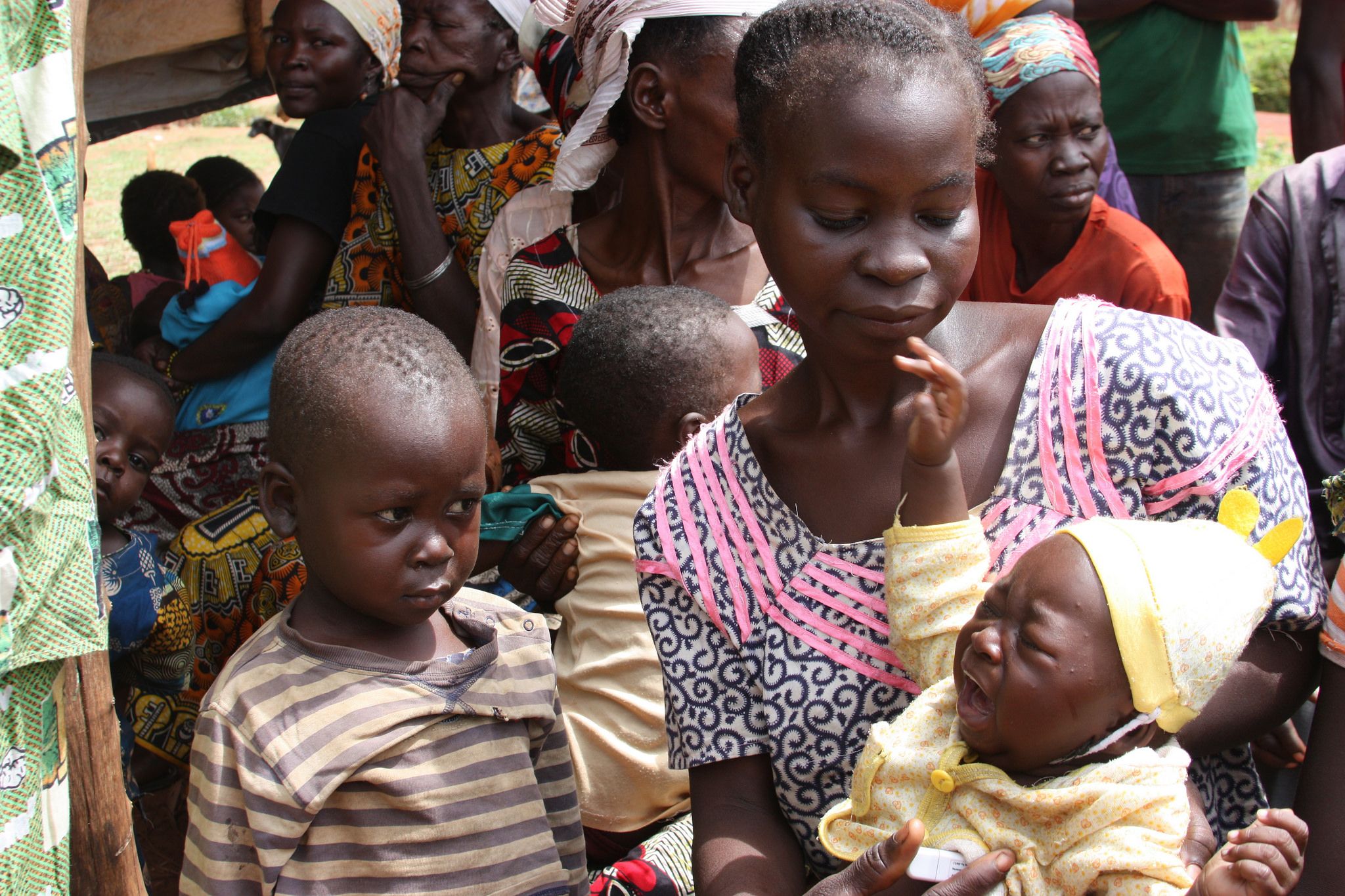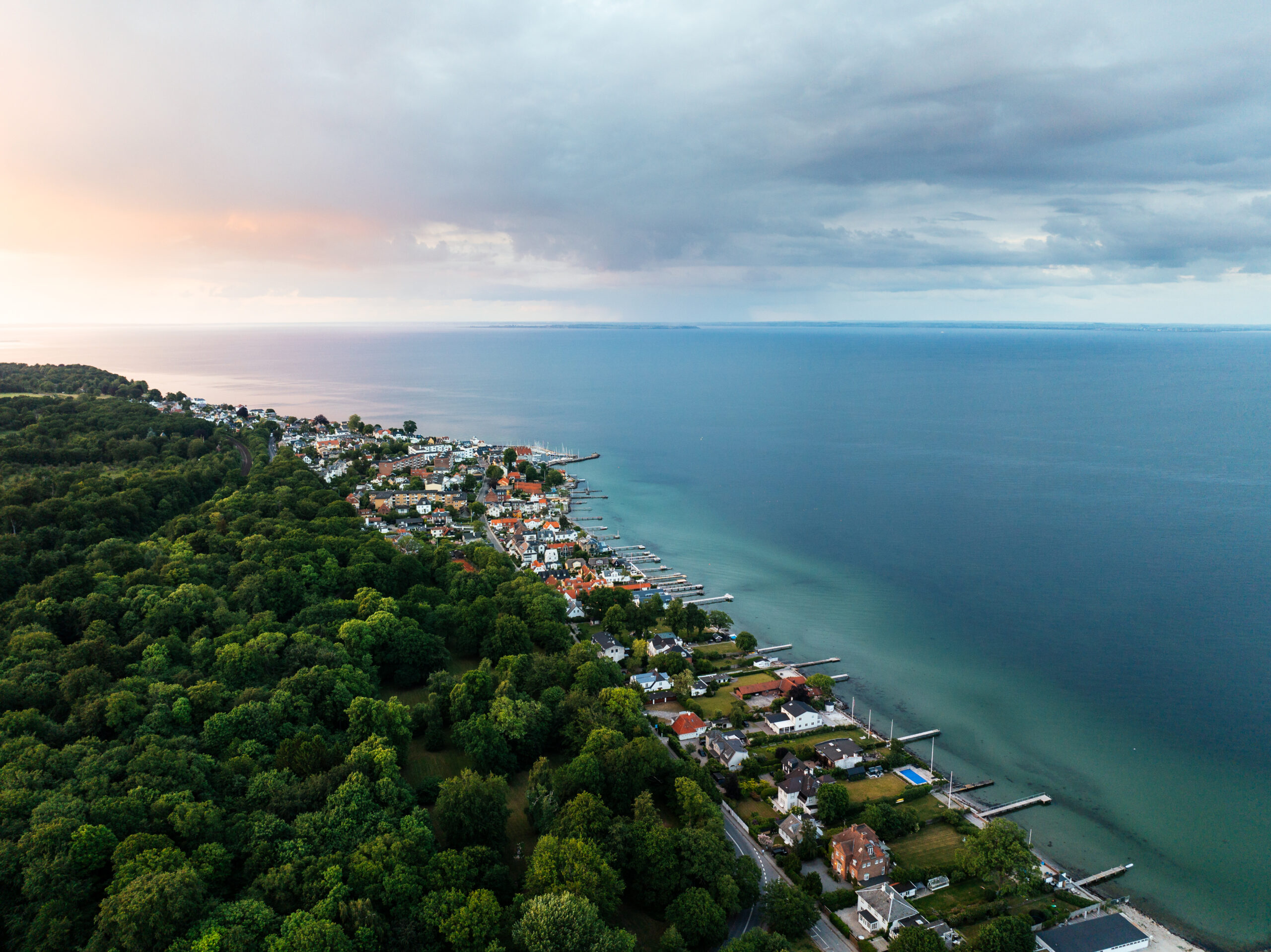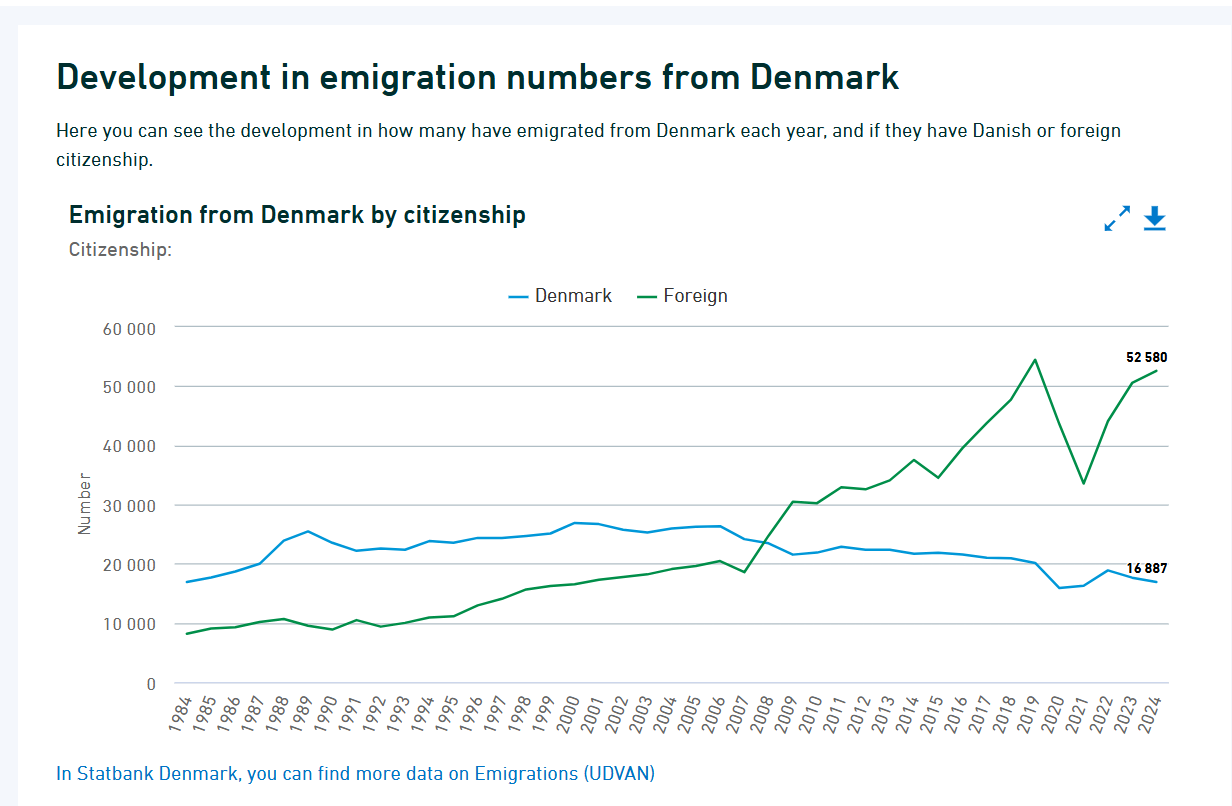Some 57 percent of Danes back their government’s support of development co-operation, according to ‘Hjælp til selvhjælp’, a new foreign aid report compiled by the Advice communications bureau for the Foreign Ministry, which surveyed 2,267 Danes in April 2018.
Little confidence
Some 55 percent believe Denmark has a moral obligation to help developing countries. However, many Danes believe there is a risk that some of the funds might be misappropriated.
Only 27 percent are confident that Denmark has a good handle on who is receiving the money, with 39 percent suspecting it often ends up in the wrong pockets.
Unaware of the reality
The report also highlighted Danish ignorance of development co-operation efforts – particularly among the older generations. While only 15 percent of the population knew of the UN sustainable development goals, 27 percent of those aged 18-30 were aware of them.
Additionally, only a quarter of Danes are aware there are far fewer poor people in developing countries than a quarter of a century ago, while 90 percent of Danes are unaware that 90 percent of refugees end up settling in developing countries, not the likes of Europe.
Culture minister praises the “peaceful coexistence” of the borderland
Mette Bock, the culture minister, has nominated the peaceful co-existence on the Danish-German border for UNESCO recognition. If selected, it will be honoured on the UNESCO register for good security practices – a fitting way to celebrate the 100th anniversary of the 1919 referendum in which the people of Northern Schleswig voted to become part of Denmark again. Bock said the “peaceful coexistence between minority and majority groups on both sides of the border – despite a history of wars and conflicts – was an exemplary example” to the world. In addition, Bock has nominated Qilaatersorneq, a Greenlandic drum dance and song, for UNESCO’s representative list of intangible cultural heritage.
Danish Jehovah’s Witness imprisoned in Russia
Dennis Christensen, a Dane living in Russia, has just been sentenced to six years imprisonment by a court in the city of Oryol. The 46-year-old is a praticising Jehovah’s Witness – a religion Russia now classifies as extremism following a law change. According to the judge Christensen was guily of “actively contributing to the continuation of activities for the banned religious extremist organisation Jehovah’s Witnesses”. Christensen, who has spent the last 11 months imprisoned at a detention centre, has lived in Russia for the last two decades. He married a Russian woman in 2002 and has been living in Oryol for the past 11 years.
READ MORE: Danish Jehovah’s Witness arrested in Russia
Dane accused of killing his Nigerian wife … it’s still going on
The trial of Peter Nielsen, the Dane accused of murdering his Nigerian wife and three-year-old daughter in April 2017, is still ongoing. It would appear there was a long gap in the proceedings at Lagos High Court, but the hearing resumed on January 16. The four court days prior to this took place on November 28, 29 and 30, and December 19, during which time the prosecutors put forward evidence suggesting that Nielsen’s wife was asphyxiated. The trial began in October.
READ MORE: Trial of Dane accused of murdering Nigerian wife and child underway in Lagos


















